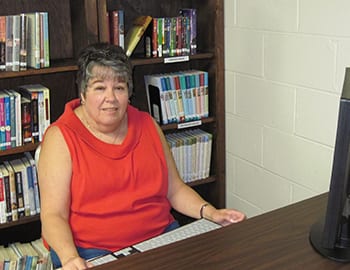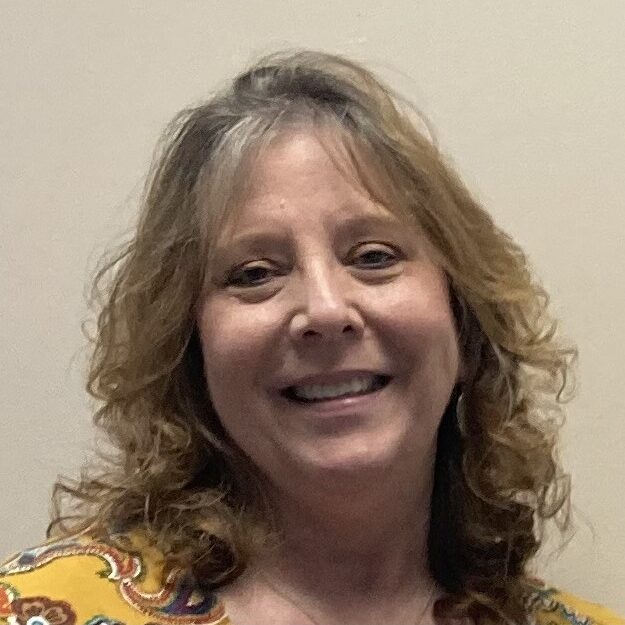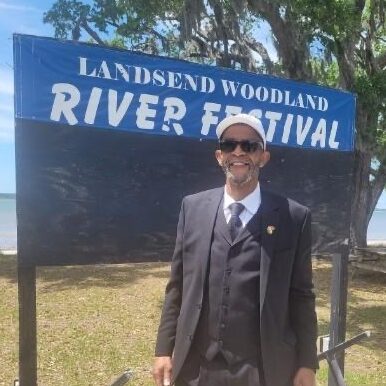
Betty A.
Breast Cancer
In June 2011, Betty Apt, then 62 years old, went for a routine mammogram. She was called back in for additional tests, and ultimately diagnosed in July with Stage 2 breast cancer.
“Fortunately for me, I had two friends who had gone through breast cancer a couple of years earlier, and both were now fine,” said Betty. “And as a Christian, I knew I had God right beside me, and my faith would help get me through this.”
Betty underwent a lumpectomy and radiation under the care of a community oncology practice located a few miles away from her home in Kennesaw, Georgia. It was all ‘business as usual’ until Betty received a letter from the practice saying that they were now going to be associated with a well-known hospital in Atlanta.
“The letter read, ‘isn’t it wonderful’ but I didn’t see it that way,” said Betty. “The hospital was located 30 miles away, in a highly congested part of the city. I didn’t want to drive that far, and none of my friends were going to drive me out there, either, at our age.”
After asking for a referral to another community oncology practice, Betty arrived at the welcoming doors of Northwest Oncology Group and put herself in the care of Dr. Hillary Hahm. The rapport was immediate, and the convenience of having all of her visits, blood work and tests done in the same vicinity has been a priceless asset.
“I am very happy there,” said Betty. “I drive six miles to get care; the doctors are wonderful, and because they are physician-owned, they make the rules and can provide much more personalized service.”
Betty has also discovered that had she stayed with her initial practice, once it became affiliated with the big-name hospital, all of her expenses would have drastically risen. Going to see her doctor would no longer have been an ‘office visit’ but rather an ‘outpatient visit’ with a much higher co-pay.
Betty’s personal experience has opened her eyes to the importance of protecting and promoting community practices around the country. “Cuts in Medicare payments have put community practices in financial jeopardy,” explains Betty. “Many of them have to sell their practices to hospitals, which results in patients having to drive farther, sometimes incurring the cost of overnight trips, in addition to the higher co-pay as an outpatient. There can also be longer waiting times and less personalized service – and patients may even end up seeing a nurse or assistant, rather than a physician.”
And there is no question that within the community oncology practice setting, there is a level of humanity often lacking in the more sterile environment of a hospital. “Something I’ve discovered through my advocacy work,” said Betty, “is that in cancer care, there can be unexpected cost increases, and in community practice, doctors will cut their own pay before they pass that cost increase on to their patients. That would not happen if your practice was owned by a hospital.”




